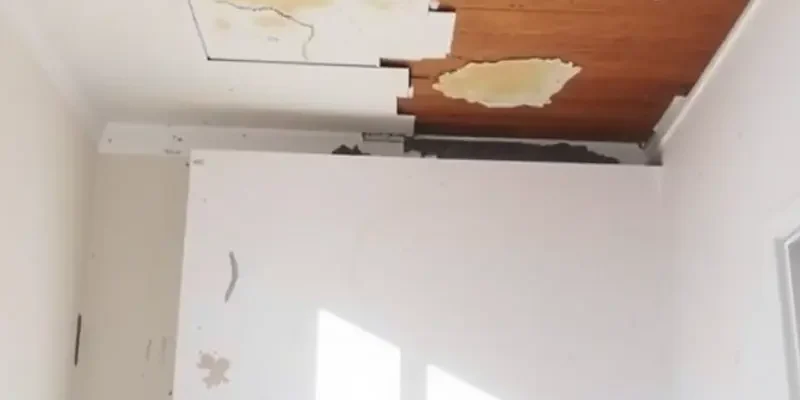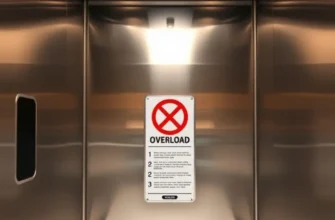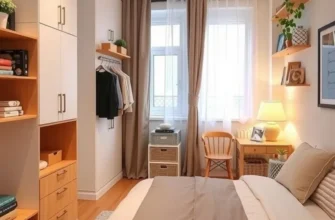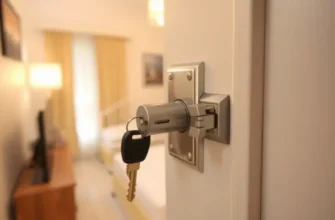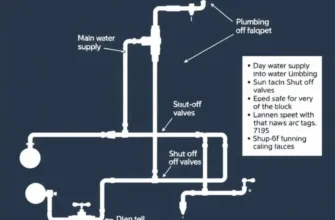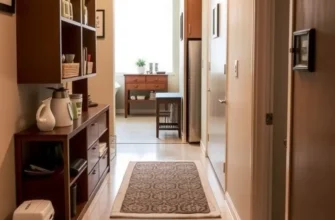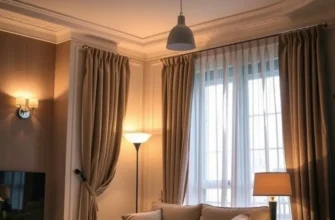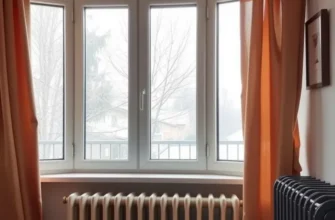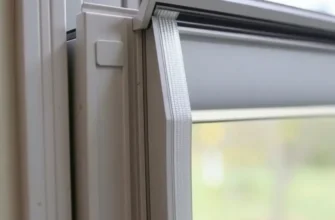Water leaks can be a renter’s worst nightmare, potentially leading to costly damages and safety concerns. As a renter, understanding how to detect leaks early can not only save you money but also ensure your apartment remains a safe haven. Water leaks can occur in various places, from under sinks to inside walls, and they can be tricky to spot if you’re not vigilant. It’s essential to take the initiative when it comes to maintenance, as a little vigilance can prevent significant issues down the line. This guide provides practical, easy-to-follow strategies for detecting water leaks in your apartment, ensuring that you prioritize safety, security, and hassle-free living. With these tips, you can feel more comfortable in your space, knowing you’re equipped to catch leaks before they become a problem.
Recognizing the Signs of Water Leaks
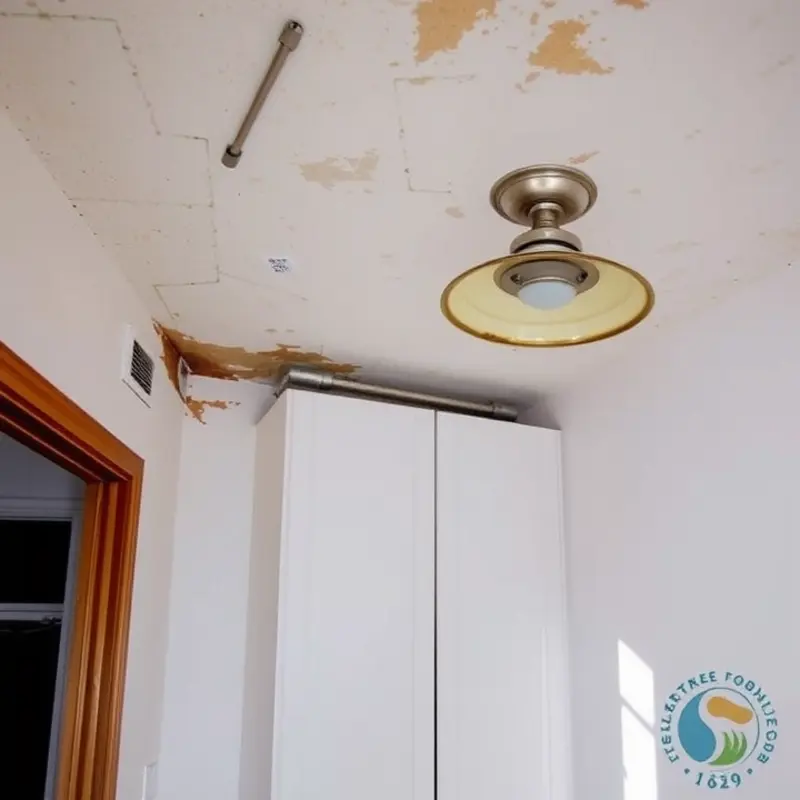
Understanding the early signs of water leaks in your apartment is crucial. Catching leaks promptly can prevent extensive and expensive damage. One of the most common indicators is discoloration on ceilings or walls. These stains often appear yellow, brown, or copper and can signify a persistent water issue, usually from a pipe leak. If you notice these marks, it’s essential to investigate further.
Damp spots or areas of your apartment that never seem to dry also need attention. These can occur on walls, floors, or even ceilings. While dampness might seem benign, it can lead to mold growth, which is not only a health hazard but also a significant maintenance concern. Staying vigilant about moisture levels in your apartment can aid in early leak detection.
Another red flag is a sudden spike in your water bill. If you’ve noticed an unexplained increase, it might indicate a hidden leak. Water leaks can be insidious, starting small but growing if unchecked. By keeping track of your water usage and recognizing anomalies, you can catch leaks before they escalate.
Regular inspections of your apartment’s facilities can prevent potential water issues. Make it a habit to check under sinks, around toilets, and behind appliances like the washing machine. Pay close attention to the connections and seals. Even small drips can indicate a future problem if ignored.
Using your senses is another great tool to detect leaks. Apart from visual inspections, listen for unusual dripping sounds, particularly in quiet times. Sometimes, the sound of running water when all taps are off can indicate a problem. Additionally, your sense of smell can detect leaks because standing water often contributes to musty odors. If you notice any of these signs, consider it a prompt to investigate further.
Staying aware of these signals allows you to address issues proactively, safeguarding your living environment. Furthermore, understanding how to manage these problems helps in advocating for necessary repairs with your landlord or property management. As part of a comprehensive approach to maintaining your apartment, integrating water leak checks into your routine can ultimately offer you peace of mind. For more on protecting your space, refer to apartment mold prevention, which provides additional tips about preventing related issues.
Proactive Solutions for Leak Detection
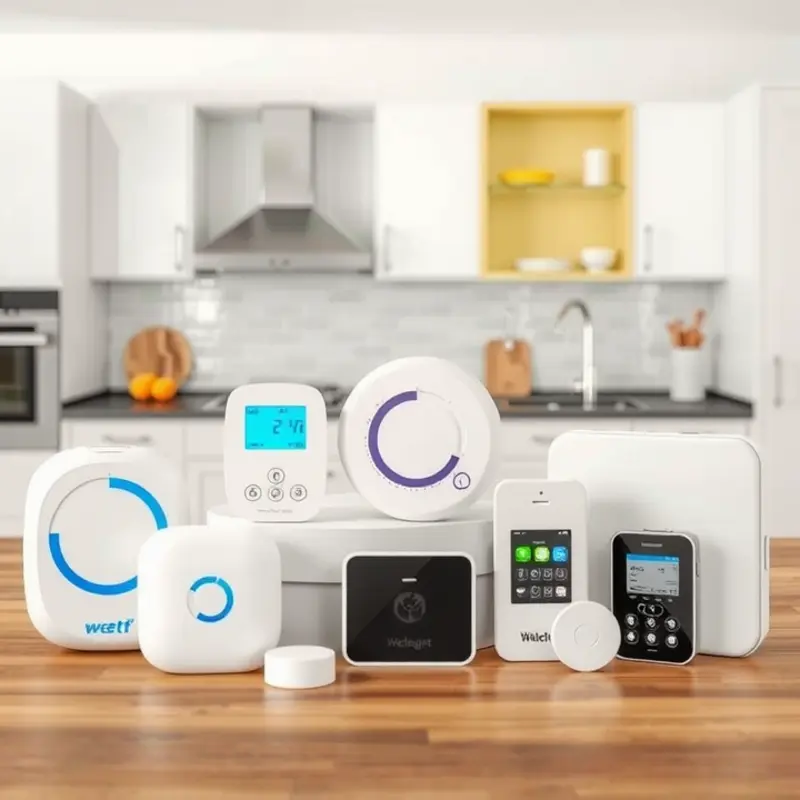
Taking proactive steps in detecting water leaks can save both money and stress down the line. Water damage can lead to costly repairs and health hazards like mold, which makes early detection essential for renters.
One effective method to detect leaks is the use of affordable water leak detectors. These compact devices can be easily placed near potential leak sources such as under sinks, around toilets, or near water heaters. Upon detecting moisture, they emit a loud alarm, alerting you before damage escalates. Consider investing in a few of these devices to ensure comprehensive coverage of risk-prone areas in your apartment.
In addition to tech-based solutions, periodic inspections of your plumbing and appliances play a crucial role. Regularly checking under sinks, around washing machines, and at the base of toilets can help identify small leaks that might otherwise go unnoticed. Pay attention to any discoloration or moisture around these areas as they might be early signs of a problem.
Flexible and easily applied pipe wrap products can offer additional protection for exposed pipes, reducing the chance of leaks due to fluctuating temperatures. Also, regularly clean and inspect your appliances. For instance, washing machine hoses can deteriorate or crack over time, leading to significant water loss if left unchecked. Replace them promptly if you notice any wear.
Be sure to actively monitor your water bill for unusual spikes in usage. A sudden increase often indicates an unseen leak. Combining monthly bill reviews with physical inspections maximizes your leak detection efforts, allowing you to identify issues early and prioritize repairs.
Adopting these renter-friendly methods allows you to maintain the integrity of your living space without undertaking major renovations. Plus, should any persistent issues arise, provide well-documented reports to your landlord, ensuring timely professional intervention.
For more ways to maintain a safe and efficient apartment, explore our comprehensive apartment mold prevention tips. Implementing these strategies will not only help in leak prevention but also contribute to a healthier living environment overall.
Final words
In summary, being proactive about water leak detection in your apartment can save you time, money, and stress. Identifying signs of leaks early allows you to address issues before they escalate into larger problems. By incorporating regular inspections and utilizing modern detection tools, you can ensure your apartment remains a safe and comfortable living space. Keep in mind that communication with your landlord is important, and taking initiative can help maintain a positive living experience. With these tips, you’re well on your way to a leak-free home!

